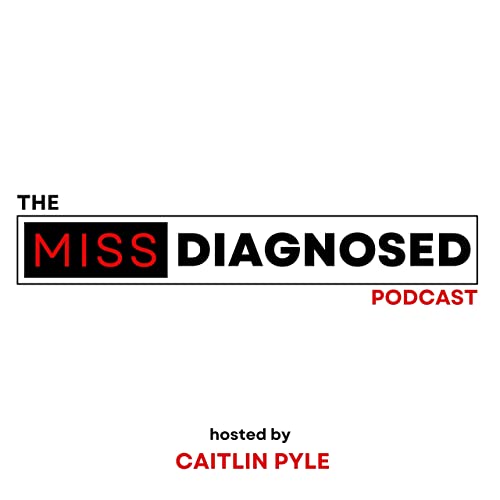Behind the Elation, the Same Old Story
A highly touted recent meta-analysis has been greeted with screams of elation: “Antidepressants work!” Even Medscape has shared in these shouts of joy. Why is the medical community and psychiatric profession so primed to convince itself, once and for all, that its favorite drugs work? Maybe because, deep down, we know they don’t.
The latest attempt to trick ourselves into believing that the past few decades of prescribing antidepressants has been an effective strategy comes from one of the most prestigious medical journals, The Lancet. The published meta-analysis’ basic finding—since repeated all over the press—is that antidepressants work because they are all better than placebo. What they don’t tell you is that they are hardly any better than placebo, and that the only drugs with clinically meaningful benefits are the ones that are used rarely today, the older tricyclic agents.
Truth in Statistics
The context is important.
In the past decade, several other meta-analyses have looked at randomized clinical trials of antidepressants for major depressive disorder (MDD), usually conducted by pharmaceutical companies for government registration. They have found, repeatedly, that antidepressants either are not more effective than placebo, or they are slightly more effective, with an effect size that does not translate into clinically meaningful benefit. The effect sizes seen are about a 2-point improvement versus placebo on the Hamilton Depression Rating Scale, which is lower than the minimum threshold of a 3-point improvement for clinically meaningful benefit set by an earlier 2004 guidance by the UK’s then-named National Institute for Health and Clinical Excellence.
They have found, repeatedly, that antidepressants either are not more effective than placebo, or they are slightly more effective.






It’s not often that we come across content that really resonates with us, but this one is a standout. From the writing to the visuals, everything is simply wonderful.
I want to express my appreciation for the writer of this blog post. It’s clear they put a lot of effort and thought into their work, and it shows. From the informative content to the engaging writing style, I thoroughly enjoyed reading it.